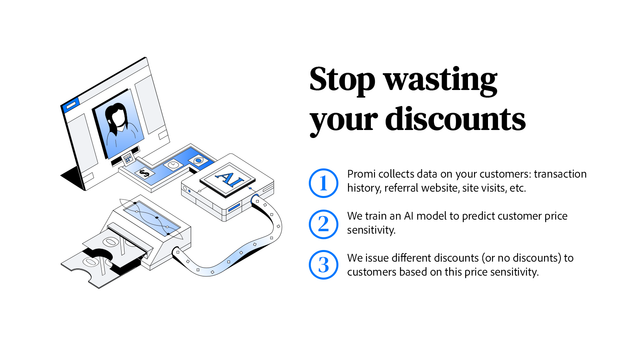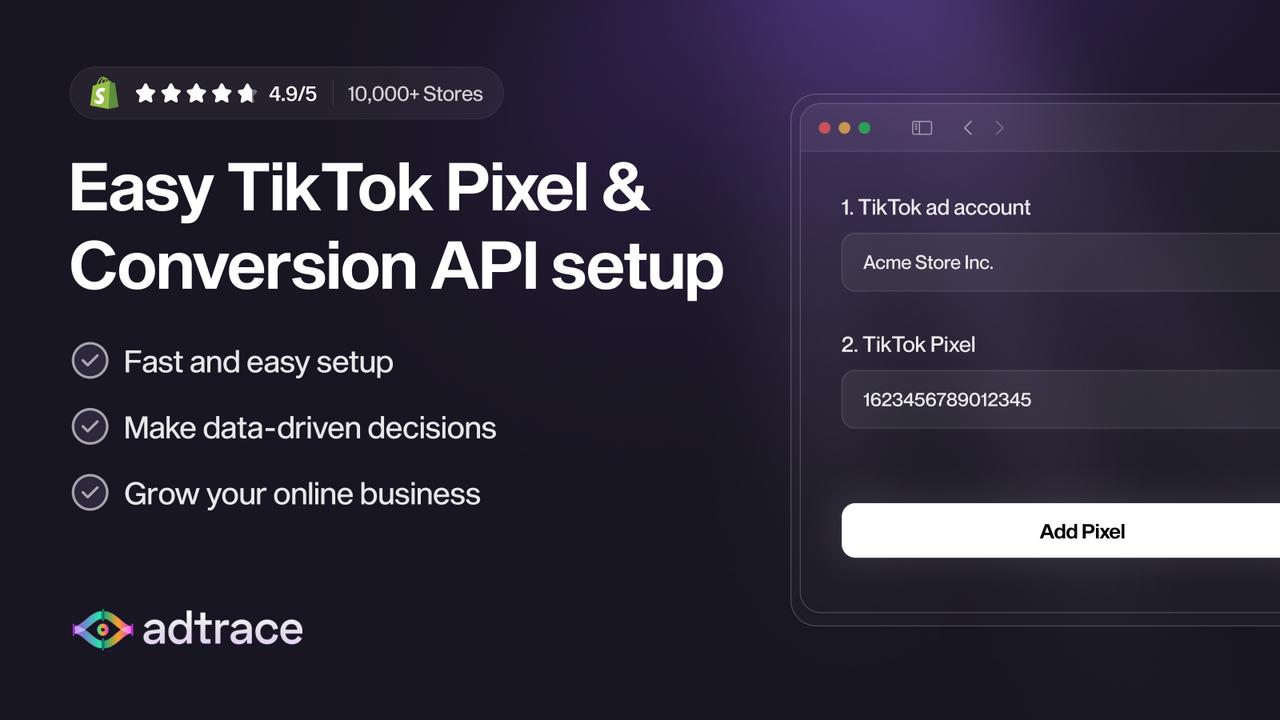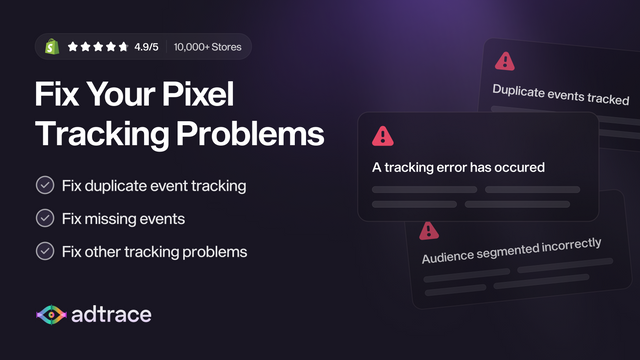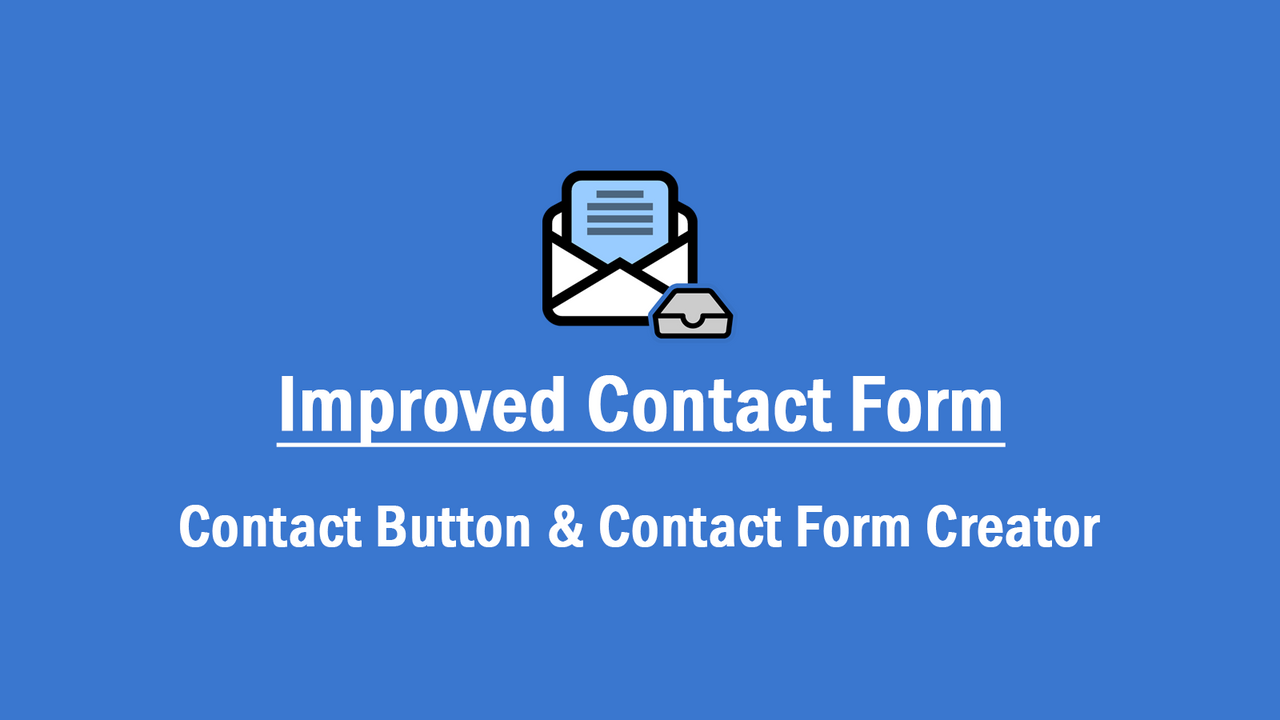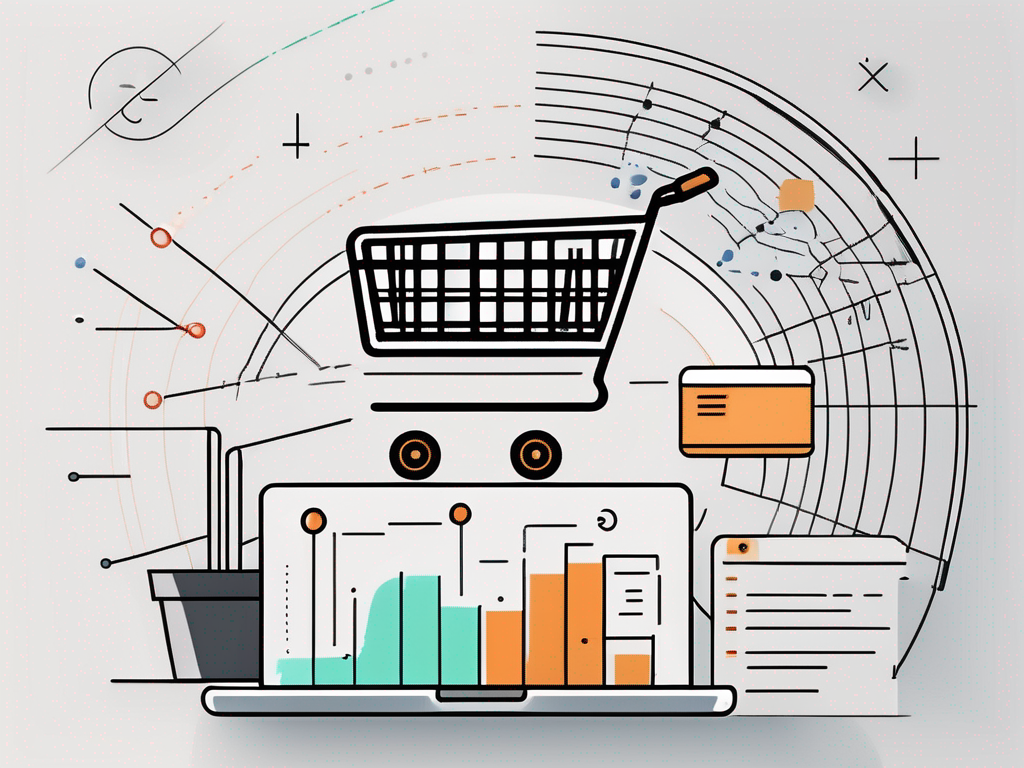Content marketing has become an essential tool for online stores looking to attract and engage customers in today's digital landscape. By creating and curating valuable content, online retailers can establish themselves as authoritative sources in their industry and foster meaningful connections with their target audience. In this ultimate guide, we will explore the importance of content marketing, how to build an effective strategy, implementing your plan, and measuring success.
Understanding the Importance of Content Marketing
Content marketing plays a crucial role in the success of e-commerce businesses. It goes beyond traditional advertising methods and focuses on delivering valuable and relevant information to consumers. By providing useful content, online stores can build trust and credibility with their audience, ultimately driving more traffic, leads, and sales.
Expanding on the significance of content marketing in the digital landscape, it's essential to recognize that in today's competitive online market, consumers are inundated with information. Therefore, businesses that can cut through the noise and offer valuable, engaging content have a distinct advantage. Content marketing allows e-commerce brands to not only showcase their products but also position themselves as industry experts, fostering long-term relationships with customers.
The Role of Content Marketing in E-commerce
Content marketing in e-commerce serves multiple purposes. Firstly, it helps online stores establish their brand voice and personality. Through engaging and informative content, retailers can craft a unique identity that resonates with their target customers. Additionally, content marketing enables online stores to educate and inspire their audience, helping them make informed purchasing decisions.
Moreover, content marketing serves as a powerful tool for community building within the e-commerce space. By creating content that sparks conversations and encourages interaction, online retailers can cultivate a loyal following of customers who not only purchase their products but also become brand advocates. This sense of community can drive word-of-mouth marketing and amplify the reach of the brand beyond traditional advertising channels.
Benefits of Effective Content Marketing for Online Stores
Effective content marketing offers numerous benefits for online stores. First and foremost, it can significantly enhance search engine optimization (SEO) efforts. By creating relevant and high-quality content, online retailers can improve their website's visibility on search engine results pages, driving organic traffic to their site. Furthermore, content marketing helps build brand loyalty and customer retention by providing ongoing value to existing customers.
Additionally, an often overlooked benefit of content marketing is its ability to humanize e-commerce brands. Through storytelling, behind-the-scenes glimpses, and user-generated content, online stores can connect with their audience on a personal level, fostering trust and emotional engagement. This human element can set businesses apart in a crowded marketplace and create lasting impressions that lead to repeat business and referrals.
Building a Successful Content Marketing Strategy
Building a successful content marketing strategy requires careful planning and consideration. By following these key steps, online stores can maximize the impact of their content efforts.
When delving into the realm of content marketing, it's essential to understand that it's not just about creating content for the sake of it. It's about creating valuable, relevant, and consistent content to attract and retain a clearly defined audience. This audience should ultimately drive profitable customer action.
Identifying Your Target Audience
Before crafting your content marketing strategy, it's essential to identify your target audience. Understanding their demographics, interests, and pain points will help you create content that resonates with them on a deep level. Conduct market research, analyze customer data, and utilize social listening tools to gain valuable insights into your audience.
Moreover, creating buyer personas can be a powerful tool in understanding your target audience. By developing detailed profiles that represent your ideal customers, you can tailor your content to address their specific needs, preferences, and behaviors. This personalized approach can significantly enhance the effectiveness of your content marketing efforts.
Setting Clear Marketing Goals
Having clear marketing goals is critical for measuring the success of your content marketing efforts. Whether you aim to increase brand awareness, drive website traffic, or generate leads, clearly define your objectives and align them with your overall business goals. This will provide a roadmap for creating and promoting your content.
Furthermore, setting SMART goals - Specific, Measurable, Achievable, Relevant, and Time-bound - can help ensure that your marketing objectives are well-defined and actionable. By establishing key performance indicators (KPIs) to track your progress, you can continuously evaluate the effectiveness of your content marketing strategy and make data-driven adjustments as needed.
Choosing the Right Content Types for Your Store
The success of your content marketing strategy relies on selecting the right content types for your store and target audience. This may include blog posts, how-to guides, videos, infographics, or podcasts. Experiment with different formats and analyze audience engagement to determine which content types resonate most effectively.
Moreover, it's essential to consider the buyer's journey when determining the appropriate content types for your strategy. Tailoring content to different stages of the customer's decision-making process - awareness, consideration, and decision - can help guide them seamlessly towards making a purchase. By providing valuable information at each stage, you can nurture leads and build trust with your audience.
Implementing Your Content Marketing Plan
Once you have crafted a robust content marketing strategy, it's time to put it into action. Implementing your plan involves creating high-quality content, optimizing it for SEO, and promoting it effectively.
Before diving into implementation, it's crucial to understand the importance of consistency in your content creation process. Consistency not only helps in building brand recognition but also establishes trust with your audience. By maintaining a regular publishing schedule and adhering to your brand voice and style guidelines, you can strengthen your brand identity and keep your audience engaged.
Creating High-Quality Content
Content quality should be a top priority. Focus on producing informative and engaging content that provides value to your audience. Conduct in-depth research, develop unique perspectives, and ensure all information is accurate and up-to-date. In addition, employ visual elements, such as images and graphics, to enhance the overall user experience.
Furthermore, consider incorporating various content formats to cater to different audience preferences. Experiment with videos, podcasts, infographics, and interactive tools to diversify your content offerings and appeal to a wider range of users. By adapting to different content types, you can effectively communicate your message and capture the attention of diverse audience segments.
Optimizing Content for SEO
To maximize your content's visibility, it's crucial to optimize it for search engines. Conduct keyword research to identify relevant and high-demand keywords to incorporate into your content. Ensure your content is properly structured with headers, subheadings, and meta tags. Additionally, internal and external linking can help improve search rankings.
Moreover, staying updated with the latest SEO trends and algorithm changes is essential for maintaining your content's search engine performance. Regularly monitor your website's analytics, track keyword rankings, and make necessary adjustments to your SEO strategy to stay ahead of the competition and drive organic traffic to your content.
Promoting Your Content Effectively
Creating great content is only half the battle; promoting it effectively is equally important. Utilize various channels such as social media, email marketing, and influencer partnerships to amplify your content's reach. Engage with your audience, encourage sharing, and actively participate in relevant online communities.
Furthermore, consider leveraging user-generated content and customer testimonials to enhance the credibility of your brand and foster a sense of community among your audience. By showcasing real-life experiences and testimonials from satisfied customers, you can build trust and authenticity, ultimately driving conversions and brand loyalty.
Measuring the Success of Your Content Marketing
Measuring the success of your content marketing efforts is crucial to refining and optimizing your strategy. By tracking key performance indicators (KPIs) and analyzing data, you can gain valuable insights into the effectiveness of your content.
But what are the specific KPIs you should be focusing on? Let's take a closer look.
Key Performance Indicators for Content Marketing
When it comes to content marketing, there are several essential KPIs that can help you gauge the impact of your efforts. Let's explore some of them:
Firstly, website traffic. By monitoring the number of visitors your content attracts, you can determine the reach and visibility of your brand. This metric allows you to see which pieces of content are driving the most traffic and resonating with your audience.
Secondly, time spent on page. This metric provides insight into how engaged your audience is with your content. If visitors are spending a significant amount of time on a particular page, it indicates that they find the content valuable and are willing to invest their time in consuming it.
Another important KPI is bounce rate. This metric measures the percentage of visitors who leave your website after viewing only one page. A high bounce rate could indicate that your content is not meeting the expectations of your audience or that there are issues with the user experience.
Social shares are also a valuable KPI to track. When your content is shared across social media platforms, it not only increases your brand's visibility but also acts as a testament to the quality and relevance of your content.
Lastly, conversion rates. This metric measures the percentage of visitors who take a desired action, such as making a purchase or signing up for a newsletter. By tracking conversion rates, you can determine the effectiveness of your content in driving desired outcomes.
Analyzing and Interpreting Data
Once you have collected the necessary data, it's time to analyze and interpret it. Look for trends, patterns, and correlations to identify what is working and what can be improved. Are there certain types of content that consistently perform better than others? Are there specific distribution channels that yield higher engagement rates?
By diving deep into the data, you can uncover valuable insights that will help you refine your content marketing strategy. Perhaps you discover that your audience responds better to long-form blog posts rather than short social media updates. Armed with this knowledge, you can create even more targeted and engaging content that resonates with your audience.
Adjusting Your Strategy Based on Results
Based on your data analysis, it's time to make informed adjustments to your content marketing strategy. This may involve modifying content formats, distribution channels, or targeting specific audience segments. Remember, content marketing is not a one-size-fits-all approach. It requires constant iteration and refinement to achieve optimal results.
So, armed with the insights gained from your data analysis, be prepared to adapt and evolve your strategy. Experiment with different content formats, explore new distribution channels, and continuously monitor the performance of your content. By doing so, you can ensure that your content marketing efforts are always aligned with the needs and preferences of your audience.
By following this ultimate guide to content marketing for online stores, you can develop an effective strategy that drives website traffic, builds brand loyalty, and ultimately increases sales. Remember, content marketing is an ongoing process, so be prepared to adapt and evolve your strategy as you learn from your results. Happy creating!
Ready to elevate your Shopify store with the perfect app? Let Owlfred, your wise companion from OwlMix, guide you through our extensive directory of innovative Shopify apps. Whether you're looking to enhance your marketing strategy, streamline inventory management, or boost your sales, our curated selection is tailored to meet your needs. Don't miss out on the opportunity to optimize your online store. Find your next Shopify app today and watch your e-commerce success take flight!




